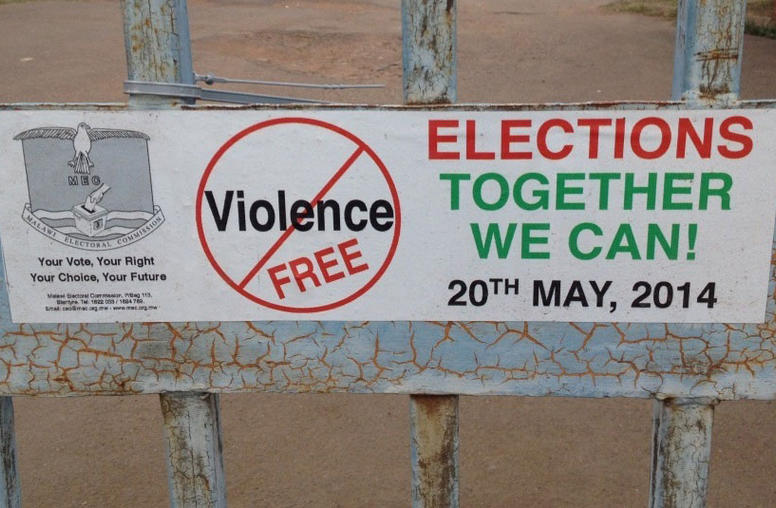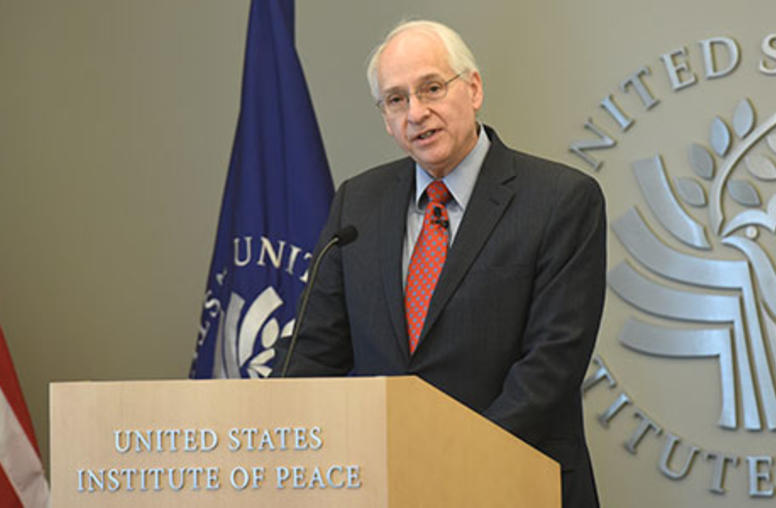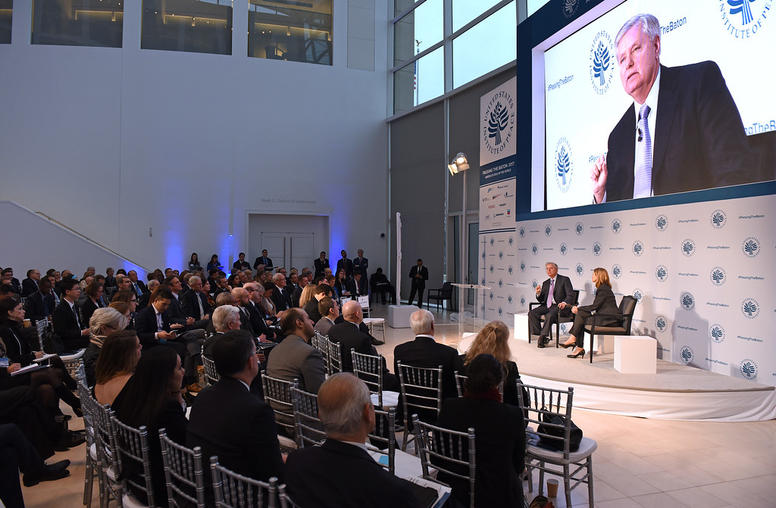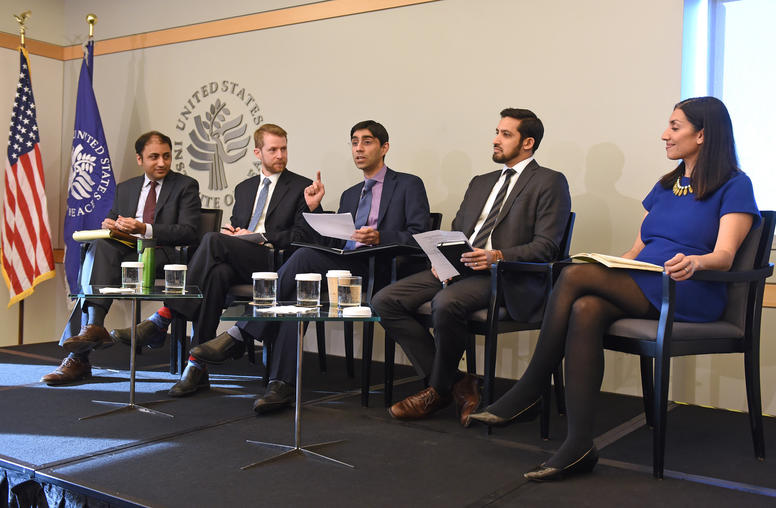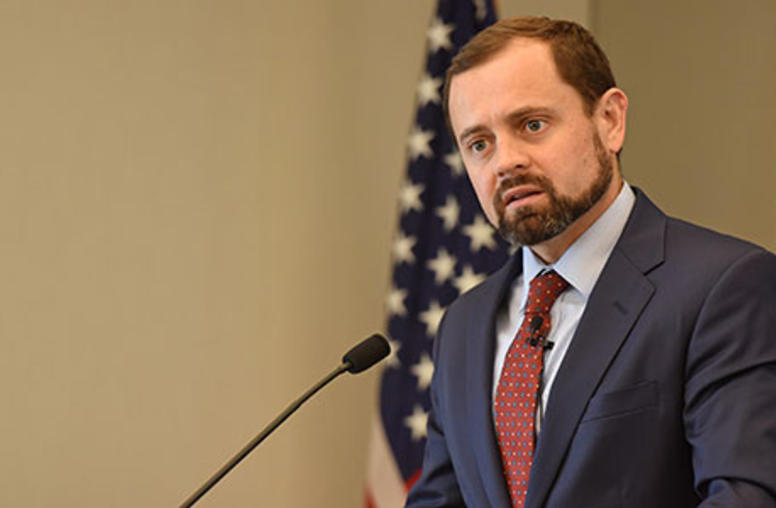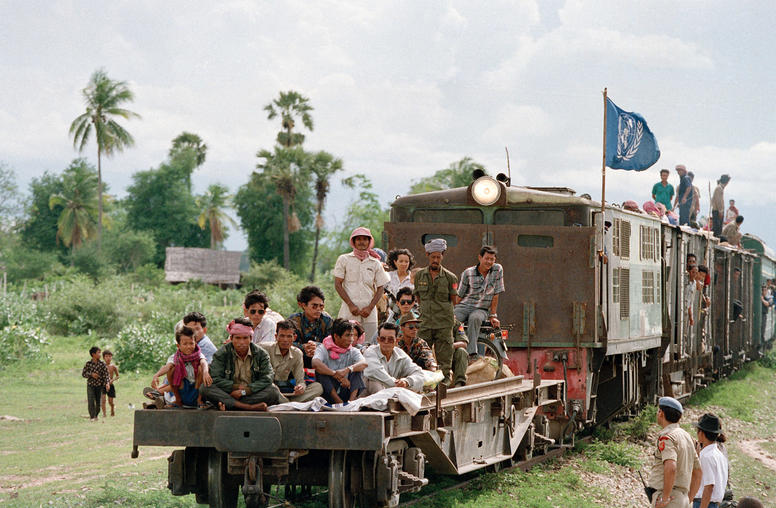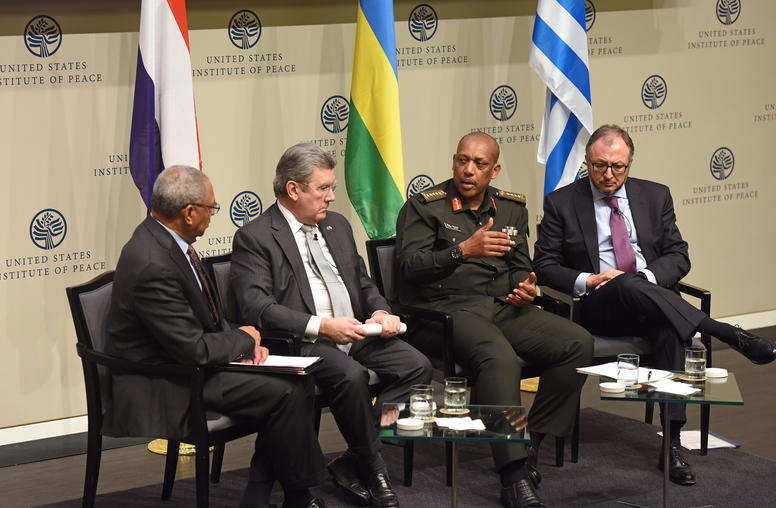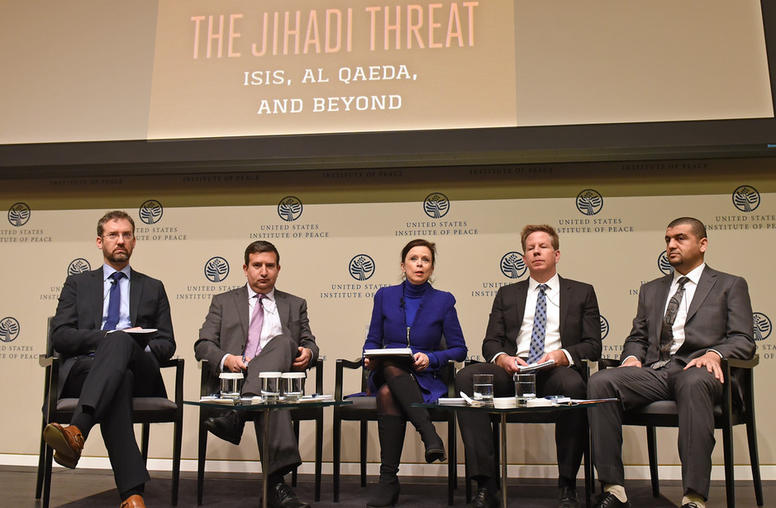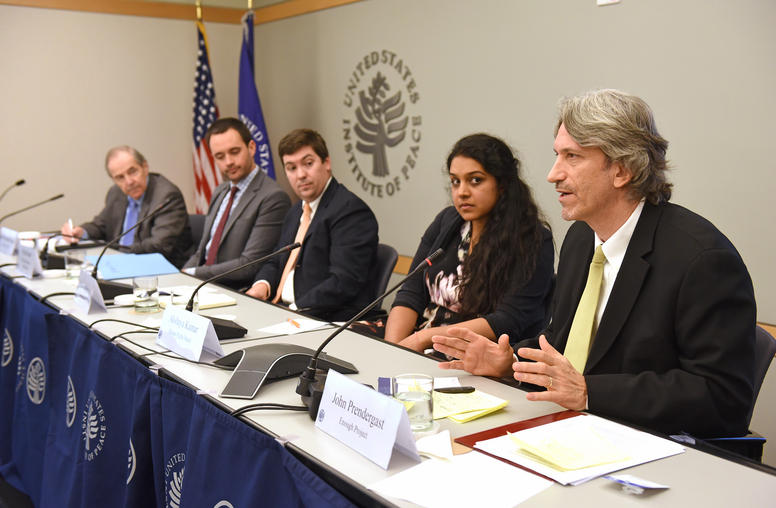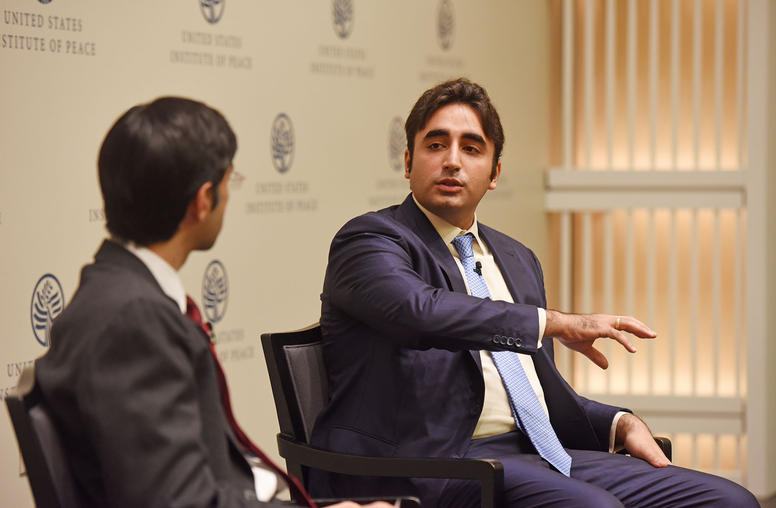
Pakistan, U.S. Relations—and a New Administration
President-elect Trump’s surprise November phone conversation with Prime Minister Nawaz Sharif underscored Pakistan’s continuing importance to U.S. interests in a stable South Asia. The new U.S. administration can expect to see this vital country hold national elections within 18 months. On January 30, the U.S. Institute of Peace hosted a conversation with Bilawal Bhutto Zardari, chairman of the Pakistan Peoples Party, the largest opposition party in parliament. The discussion addressed Pakistan’s serious internal security challenges; debate among Pakistani civilian and military leaders over the country’s domestic counterterrorism initiatives; and Pakistan’s broader political and democratic dynamics. As a new U.S. administration and Congress begin work, Mr. Bhutto Zardari also shared his perspective on the two countries’ relationship.
